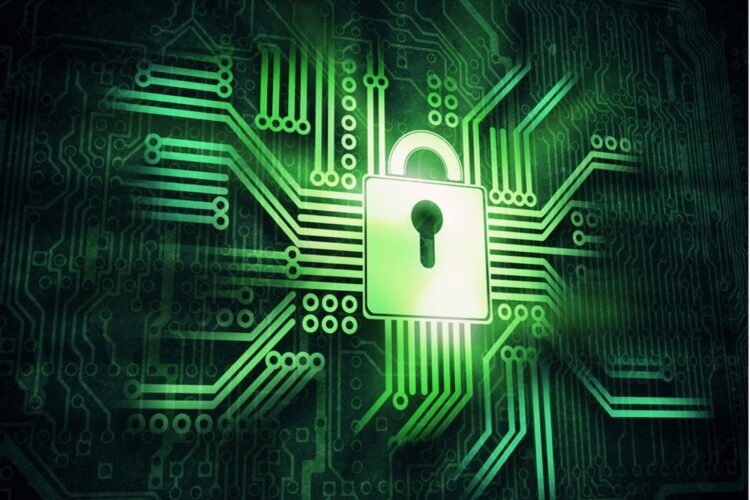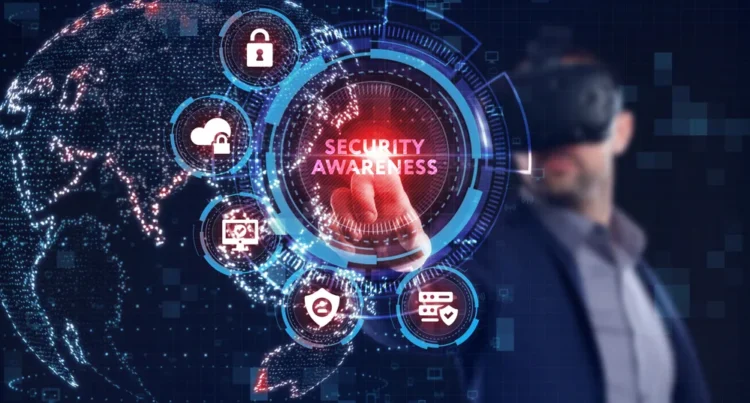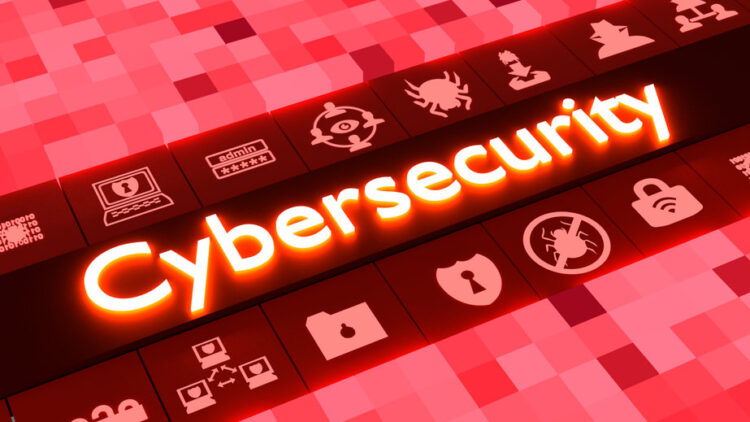Today’s world is a threat to business continuity and it seems that threats are coming from multiple angles at the moment. Other than surging costs and an uncertain economic outlook, cybersecurity remains a primary concern.
For every problem, there is a solution. Whilst every business leader has unique solutions to navigate the tidal wave of rising costs, cybersecurity solutions typically follow a linear pattern of effectiveness across the board.
Whilst there is no one-size-fits-all solution to preventing a data breach, there are some fundamental objectives all companies have to meet to tackle cybercrime.
The first place to start should be to identify where various cyber threats can come from. When you know where the threats are, you are better placed to determine the best walls of defense to put in place at each touch point.
What is the Connection between Cybersecurity and Business Continuity?

For small businesses, a data breach is the most existential threat to business continuity. Reports reveal that 60% of small businesses are forced to close down within six months of experiencing a data breach.
Contrary to popular belief, however, it is not the data breach itself that poses the most threat to your business continuity, it is the legal compliance such as GDPR.
Whilst firms are penalised for a data breach, the cost is only 2% of the annual turnover globally. Whilst this will hurt business growth, most companies should be able to survive financial penalties.
The issue that puts companies out of business is having to report a data breach to stakeholders. Consumers do not trust companies that are not able to protect their sensitive data. A damaged reputation destroys your business. Whilst the law does not favour small businesses, its purpose is to encourage small firms to implement effective cybersecurity measures. Customers want to be assured their personal data is protected.
Cybersecurity Awareness and Continuity
Although it is the law that essentially puts small firms out of business, the best way to protect your business continuity is to stop the cyberattacks from happening in the first place.
A cybersecurity plan will look different for every company. However small businesses shouldn’t take cybercrime lightly. A survey conducted by CNBC revealed that the overwhelming majority of small businesses in the US are not prepared for a cyberattack.
Only five percent felt cybercrime was the biggest threat to their business and only four in ten small business owners are concerned about hackers at all.
This appears as though small business owners do not think hackers are interested in targeting their business. On the contrary, small businesses are easier targets and experience 350% more attacks than larger companies that have invested in cybersecurity.
Your business should already have a host of cybersecurity measures in place. Fundamental technologies such as anti-virus software, multi-factor authentication, and access permissions are easy to implement and are not expensive.
However, these technologies are not effective against new malicious code that begins to circulate. Anti-malware products only detect malicious code that is known.
Raising Cybersecurity Awareness

The most effective cybersecurity defence is to make your staff aware of cybersecurity threats. Reports reveal that 95% of cyber-attacks are directly attributable to human error. These errors come from misconfigured cloud applications, unsuspecting employees clicking on malicious links in phishing emails, or downloading attachments that are infected with some form of malware.
Cybersecurity education is by far the best way to provide business continuity. The National Cyber Security Centre suggests an array of educational measures to boost cybersecurity awareness, as detailed below.
Micro Pro, IT support specialists in London advise businesses to provide staff with cybersecurity awareness training and execute ongoing campaigns. Cybersecurity awareness includes knowing how to recognise potential threats and what to do with threats when they have been identified.
It’s also important to periodically run training programs and inform your staff of the latest techniques that are being used by hackers. Cybercriminals are continuously evolving their strategy.
For example, a security firm recently announced that hackers were dropping malware-infected documents into Microsoft Teams chats. The strength of this strategy is that the documents are being delivered from a trusted source – which immediately compels employees to open the attachment without even questioning whether there might be a security risk.
Your business could also raise its cybersecurity awareness by creating an environment that fosters personal growth. Encourage learning from mistakes rather than singling out team members to scapegoat for failing to follow cybersecurity protocols. Such measures can also help team members draw attention to breaches faster, rather than attempting to hide them out of embarrassment.

Finally, the NCSC suggests leading by example. If your senior staff fails to follow the cybersecurity measures and protocols enforced by your business, then junior staff may assume they’re unimportant and bypass them where possible. This increases the risk across your business.
Awareness to Save Business ContinuityA lack of cybersecurity awareness increases the risk to your business continuity. A lack of awareness means that your staff is not equipped to deal with existential threats.
Due to the nature of the wide-reaching effects of cyberattacks, the goal for small businesses should be to implement cost-effective solutions that significantly reduce the risk of suffering a data breach.
Being aware of how hackers attack small businesses will play a central role in how well business owners are able to protect their IT networks. The focus should be on how to best secure the sensitive information of your customer base and protect your business reputation.
The truth of the matter is that no one cybersecurity solution can protect a business against evolving cyberattacks. However, it is large corporations that fall victim to innovative hackers.
Whilst small businesses are exposed to the vast majority of cyberattacks, the cybersecurity defences at this level should be more effective. But that only stands true if business owners and their workforce are aware of cybersecurity risks and have solutions in place that will prevent and quarantine attacks.








